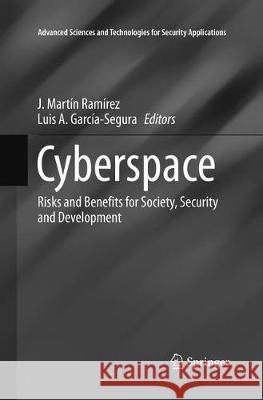Cyberspace: Risks and Benefits for Society, Security and Development » książka
topmenu
Cyberspace: Risks and Benefits for Society, Security and Development
ISBN-13: 9783319855349 / Angielski / Miękka / 2018 / 281 str.
Kategorie:
Kategorie BISAC:
Wydawca:
Springer
Seria wydawnicza:
Język:
Angielski
ISBN-13:
9783319855349
Rok wydania:
2018
Wydanie:
Softcover Repri
Ilość stron:
281
Oprawa:
Miękka
Wolumenów:
01











